Dhaka, Jan 11 (V7N) — The Electoral Reform Commission is set to recommend sweeping changes to the country's election system to ensure greater voter participation, transparency, and balance of power. These proposals include canceling elections in constituencies with low voter turnout, changing the presidential election process, and introducing a bicameral legislature.
Key Proposals:
1. Minimum Voter Turnout Requirement:
The commission suggests that if voter turnout in a constituency falls below 40–50%, the election in that constituency should be canceled, and re-voting conducted. This measure aims to address concerns about low voter engagement and foster accountability.
Mir Nadia Nivin, a commission member, stated, “If voter turnout is too low or if 'no vote' wins, re-elections will be held. This ensures genuine public participation and prompts discussions on why people are boycotting elections.”
2. Presidential Election Reforms:
To balance power between the executive and legislative branches, the commission proposes electing the president through an Electoral College. This body would include representatives from local government structures, such as upazilas, unions, and city corporations.
3. Bicameral Legislature:
The commission is also considering the introduction of an upper house of parliament to provide additional checks and balances in governance.
4. Empowering the Election Commission (EC):
Proposals include granting the EC powers to cancel votes in cases of irregularities, reducing court interference in elections, and allowing the army to have magisterial powers during the electoral process.
The commission’s proposals follow public dissatisfaction with past elections, including the controversial 10th and 11th parliamentary elections, which were marred by allegations of low voter turnout and irregularities. The most recent 12th parliamentary election recorded a 41.8% turnout, but allegations persist that many voters were unable to cast their votes.
Student representative Sadiq Arman emphasized the importance of addressing voter apathy, saying, “The reforms will focus on constituencies where voter turnout is alarmingly low, ensuring that elections reflect the true will of the people.”
Commission chief Badiul Alam Majumder announced plans for a national charter to hold future governments accountable for implementing the proposed reforms. He added, “These are draft plans under discussion. The final responsibility for implementation lies with the elected government.”
The proposed reforms could significantly reshape the country’s democratic landscape, addressing long-standing concerns about electoral fairness and public trust in the system. However, the success of these measures will depend on their implementation and acceptance by political stakeholders.
END/MSS/AJ



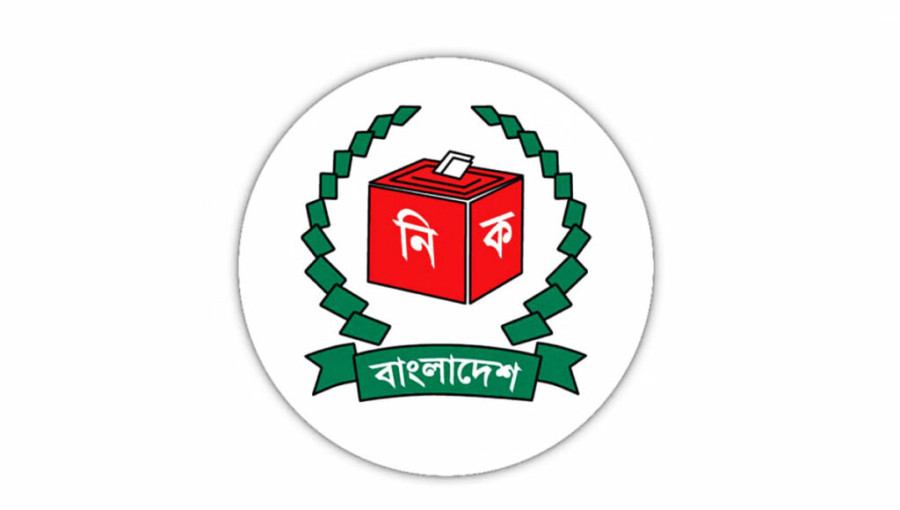
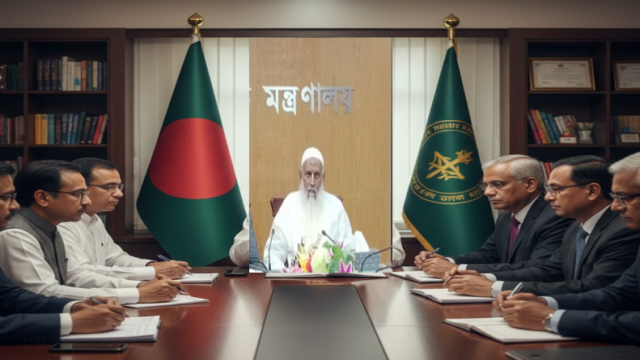
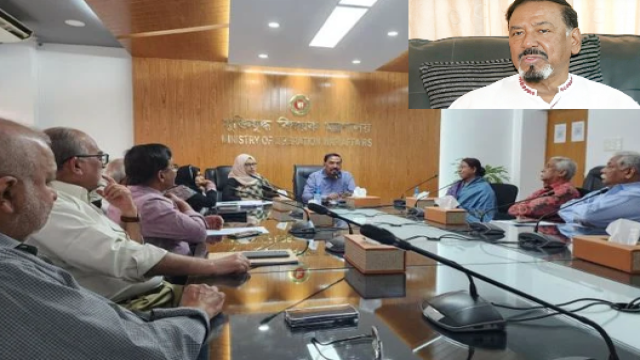
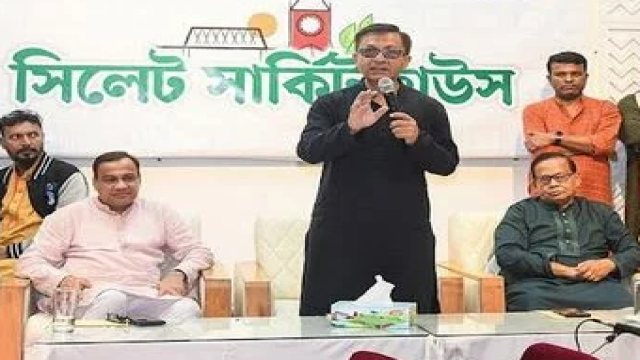
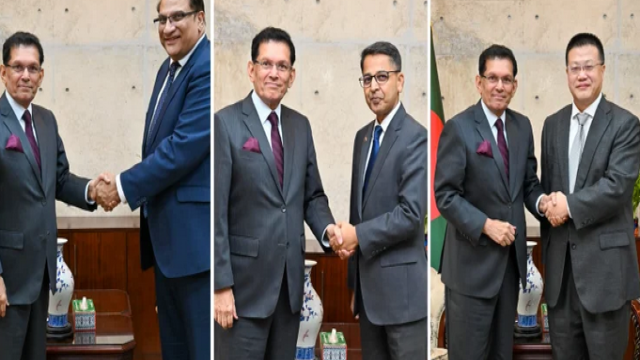
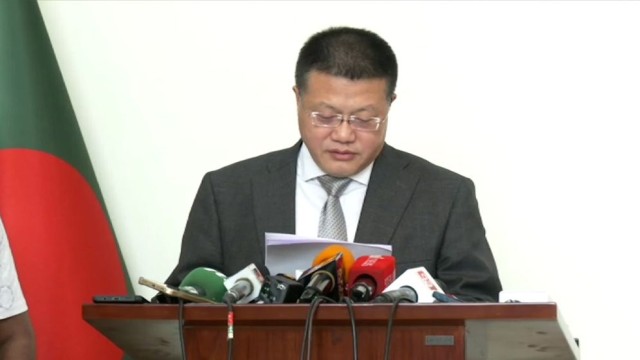


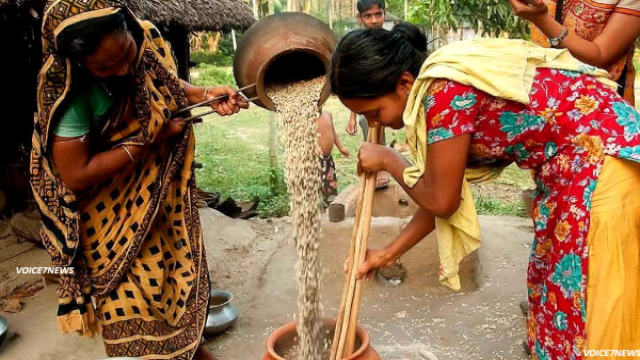
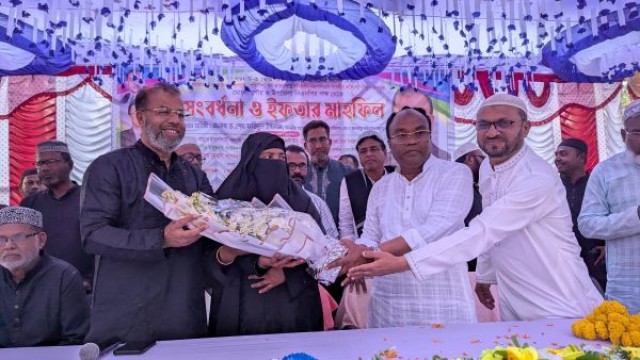
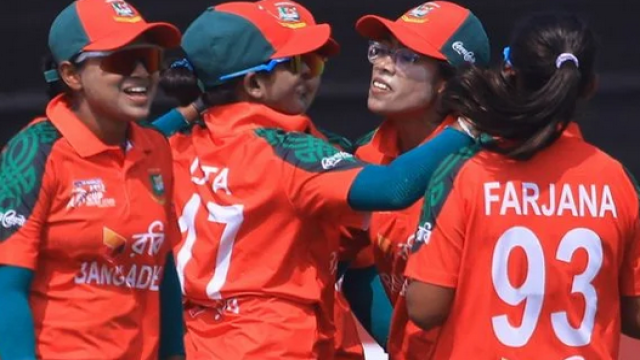
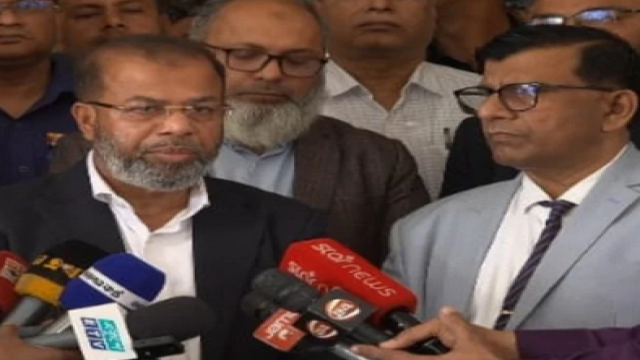

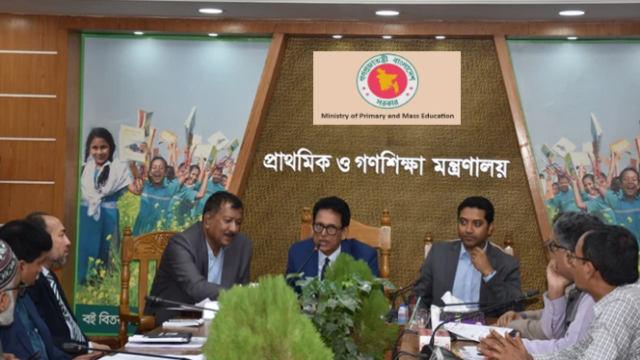











Comment: